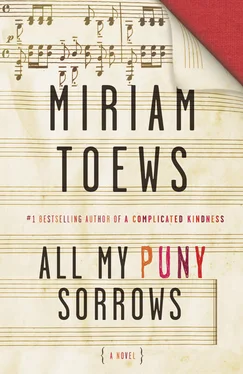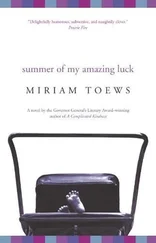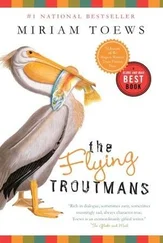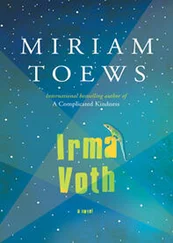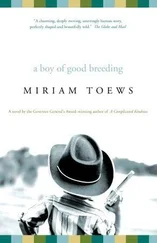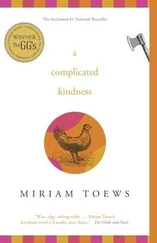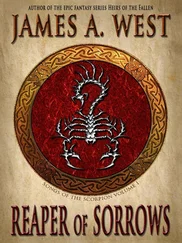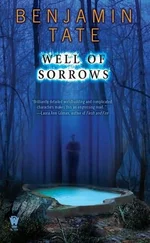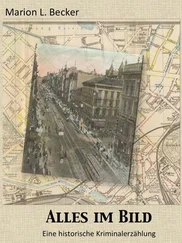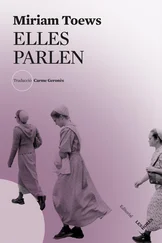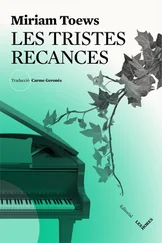One year between Christmas and New Year’s my father took the train to Ottawa to do research in the government archives and to attend Lester Pearson’s funeral. He was thirty-seven years old, an elementary school teacher from a small prairie town. He stood outside the legislative building in the cold with thousands of others to pay his respects. While he was standing there he began a conversation with the man standing next to him. The man eventually invited my father to his home for a New Year’s Eve party and that was the first time my father had ever been to a New Year’s Eve party in his life. It was a very fancy house, said my father. In a very fancy neighbourhood called the Glebe. My father was moved by the stranger’s kindness. Later, when he came home and told the story, a type of hush fell over us. I remember being afraid he would start to cry. What I took from the story was that my father had lost his leader and that he needed a friend. He had always believed that one day he’d meet his hero, Lester B. Pearson, in the flesh and that they’d have a conversation about Canada. My mother had asked him if he’d had a glass of champagne at the party and he said no, oh no Lottie, of course not. I was only seven or eight when he told us this story. Elf and my mother and I sat in awe of my father that evening when he described it all to us, a state funeral and a New Year’s Eve party all in one night. But it made me feel uneasy in ways I couldn’t describe at the time. I had never seen him cry before, and he didn’t actually, I just knew that he wanted to, and that’s the memory that always comes back to me first.
The summer when I was maybe nine years old he asked me if I wanted to go on the road with him from truck stop to truck stop all over Manitoba and Ontario while he tried to sell his placemats. I was game and away we went. I remember having only one outfit for this journey, an orange terry towel T-shirt, cut-offs and my North Star runners. I had a stack of Famous Five books. I never brushed my teeth and I ate pancakes and Oh Henry! bars for every meal. At night my father and I would stay in cheap motels and I’d fill our ice bucket and suck on chunks of ice and watch TV while my father slept and snored. When I was tired I’d put the chain lock on the door and slowly open and close it a few times to make sure it held.
He wasn’t making any sales. He gave me placemats to draw on when I got bored in the car. He started to get discouraged and I sang goofy songs to cheer him up like “Pop Goes the Weasel” and “Ninety-nine Bottles of Beer on the Wall.” I didn’t want to go into the restaurants with him anymore because it was too embarrassing. He was so friendly, so sincere. All he wanted to do was educate people about Canada. He was willing to take very little money for a box of placemats, then he was willing to give them away for free. Even then restaurant managers and gas station owners would stare at them for a minute or two and shake their heads, no, they didn’t think they wanted them.
My teeth were fuzzy and my orange T-shirt was filthy. My father was defeated and we went home. We’d been away for about a week. When we got home my mother was in the kitchen laughing with some friends of hers and Elf was practising her piano. This seemed always to be the scenario. He told my mom and her friends what had happened, but not with many words, more with his eyes and his shoulders. He went to his bedroom.
I sat down with my mom and her friends and told them a colourful story of our time on the road. I made them laugh. Elf stopped playing the piano and came to the kitchen to find out what was going on. I told her what had happened. She didn’t laugh at all. She said oh no, oh no, that’s awful. Is he okay?
Who? I asked her.
Dad!
She went to her bedroom too, and closed the door on us for a long time. I think it was dark before she came out because the fire station siren had sounded twice, once for kids to go inside for dinner at six o’clock and once for them to go inside for bed at nine o’clock. I’m not sure how long my dad stayed in his room.
My father forced the town hall to give him money to open up a library. They didn’t want to. They thought it was a waste of money and dangerous and unmanly of my father to talk about it. He tried to convince them. It was forty degrees below zero. It was dinnertime. I asked my mom: hey, where’s dad? She told me he was out knocking on people’s doors to try to get them to sign the petition for a library. For weeks my father would walk the streets of East Village with his clipboard and ballpoint pens knocking on doors and begging for support. He went out at dinnertime when everyone was at home. It was dark. He went to every house in town. Sometimes my mom helped him. When he came home his glasses would fog up as soon as he stepped into the house. My mom tried to convince him to wear long johns, it was the coldest winter in history, but he refused to. She had to karate-chop his legs to get the blood circulating. Why do you hate long johns so much? she’d ask him.
Finally he had enough signatures and he brought them to the town hall and they said all right already, go start your little library. They gave him a tiny, mildewed room in an old abandoned school and enough money to get some second-hand shelves and books to fill them. He was the happiest man in the world. He hired my sister to be the librarian and she was very thorough. She made an index card for every book. She included many details. She was a teenager with long straight black hair and enormous glasses and she kept things very organized. The two of them went off to work together. They had a million plans.
I look at Elf through the glass wall of the ICU and wave. She is watching me and Nic talk about her internal organs. She’s wearing an Alarm T-shirt that I gave her years ago one summer when we were both living in London, me in a dirty house full of punks and she in a pristine flat in Notting Hill with a diplomat of some sort who wasn’t Italian but liked to call Venice Venezia and Naples Napoli .
So she’ll live, I say to Nic. He nods and takes a deep breath and in the space of that breath is framed the question we need to ask ourselves.
I’m sitting on concrete steps outside the hospital and talking to my kids on the phone with the latest on Elf. Will has finished classes now and tells me he is willing to go back to Toronto to stay, again, with Nora whose big school dance recital is coming up while I’m in Winnipeg. But he’s starting a job in Queens in a couple of weeks doing landscape work for a guy his dad knows so he can’t stay forever. And he says he’ll do it, but asks me: can you please just give N a pep talk about not living like an animal?
Julie has gone back to work. She left me two cigarettes wrapped in tinfoil. Just then I get a text from Dan from Borneo. I need you . I text him back. What? Are you okay, Dan? He texts me back. Sorry, pushed send too soon. I need you to sign the divorce papers .
I delete it and light one of the cigarettes that Julie gave me and blow smoke gently, concentrating on my breath, on soft shapes. I tell myself to think, to focus. I briefly consider texting Radek but I don’t know what to say or how to say it. I get up and walk to the river for a look. The ice is gone now. The river is quieter. It’s probably okay to put a canoe into it now if that’s your only way home.
Now I’m sitting in the “family room” with my mother and my aunt. Nic has gone to get some food. My mother is recommending a book to my aunt. I know of the book. She is describing it as delightful. She asks me if I’ve heard of it and I say yeah, but I don’t want to read it. My mother tells me it’s a feel-good book, sometimes we need them, and I don’t say anything. What are you currently reading, Yoli? asks my aunt. Céline’s Journey to the End of the Night , I tell her. A French writer, dead, not the singer from Quebec. Where’s yours? my mother asks. And I say my feel-good book? And she says no, your manuscript. Still in a plastic Safeway bag? I nod and roll my eyes. My aunt asks me how many words I have and I tell her I don’t know, I can’t remember how to check on my computer. I don’t want to talk about it. My mother tells Tina that she doesn’t like books where the protagonist is established as Sad on page one. Okay, she’s sad! We get it, we know what sad is, and then the whole book is basically a description of the million and one ways in which our protagonist is sad. Gimme a break! Get on with it! Tina nods sagely and says yes and then something in Plautdietsch, probably something like heck yeah do we ever know what sad is. Sadness is what holds our bones in place. My cellphone vibrates and I look at the text. It’s Nic telling me that he’s in the cafeteria and that he just talked to Claudio. Claudio’s dealt with everything, the venues, the insurance, and just generally calling off the tour. Tina jumps in with her own variation on the theme of sadness. I text Nic back and say good, angry? Nic texts back no, concerned, helpful, stressed maybe, coming to Winnipeg from Budapest to see her .
Читать дальше
